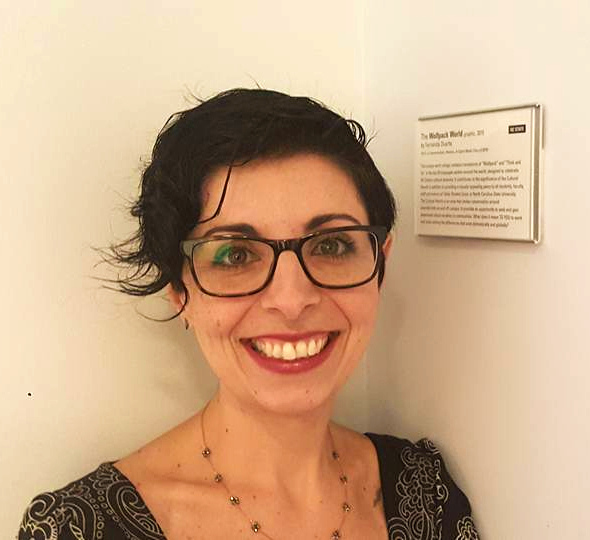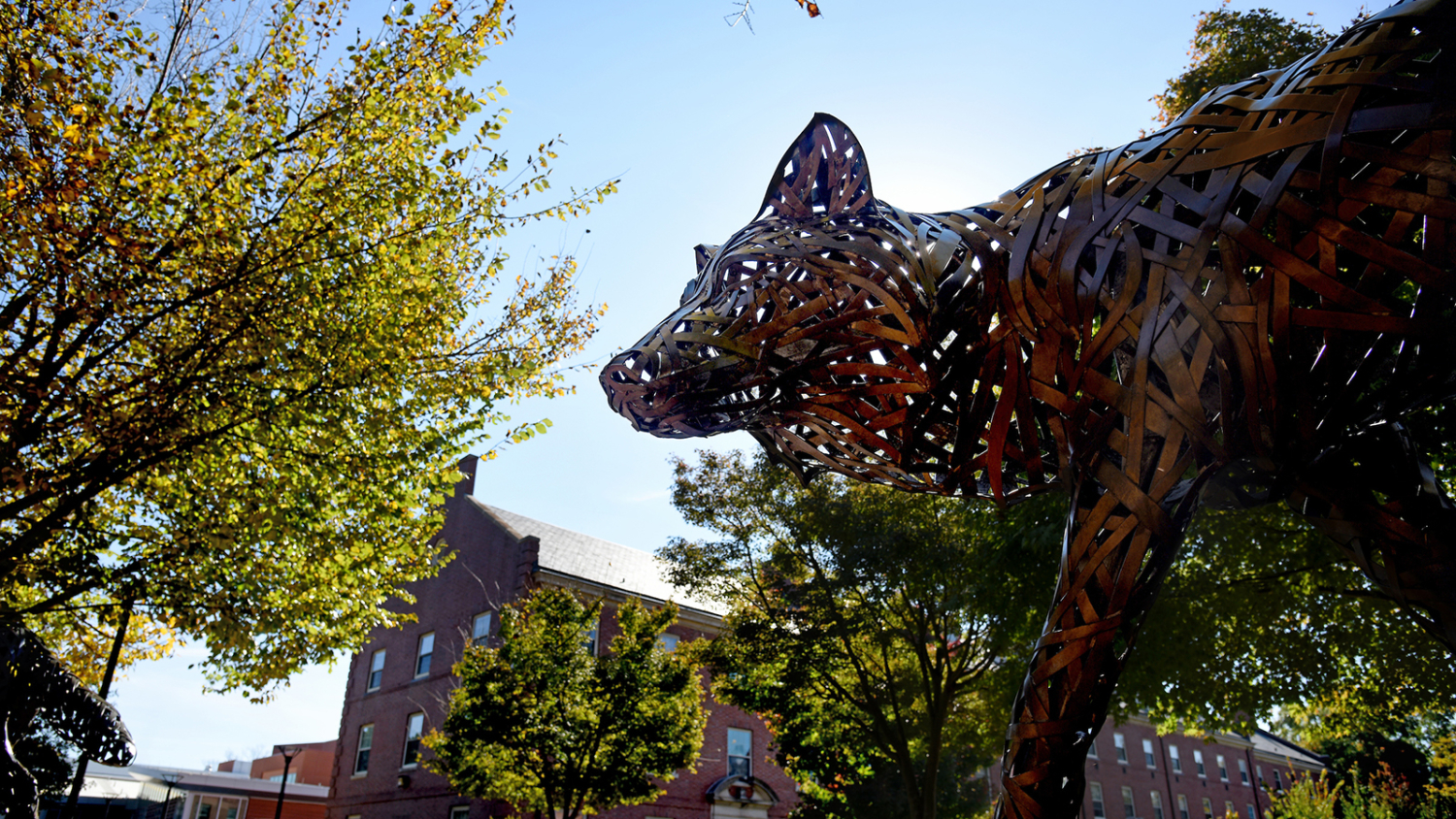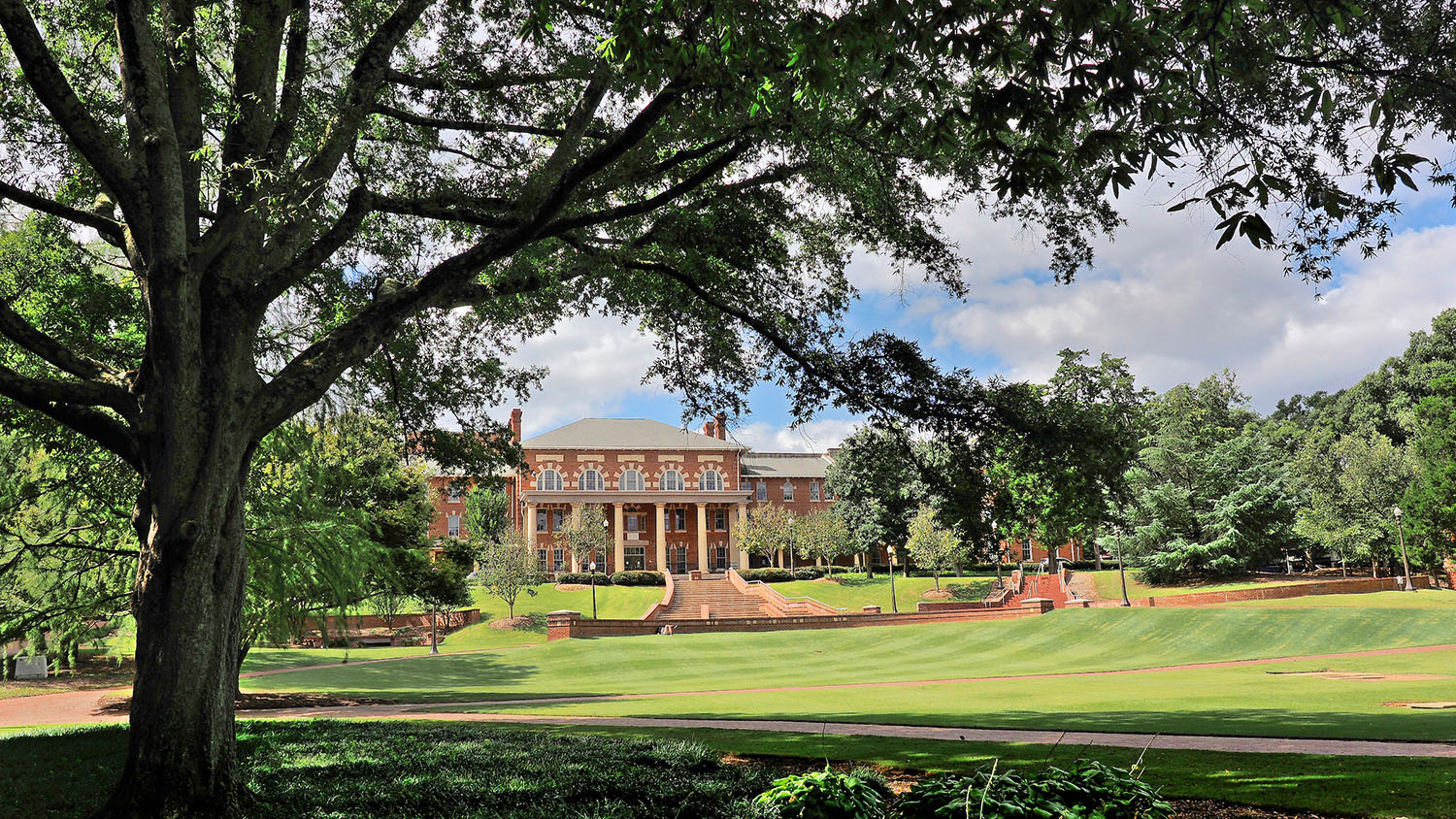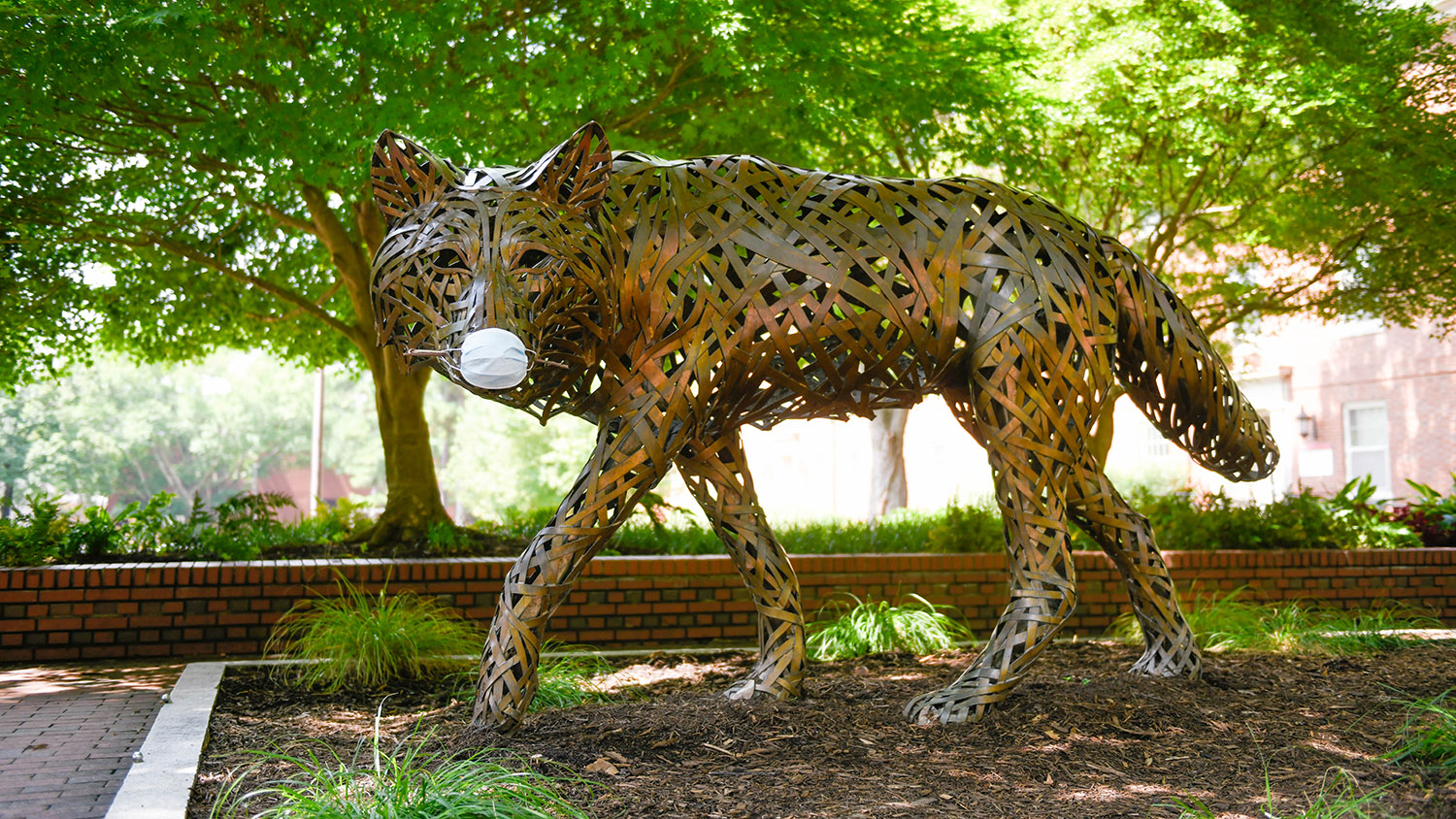“Master the Technology, Not Just the Technique” Says Alumna and Incoming Professor Fernanda Duarte
Excited is an understatement when expressing how Fernanda Duarte feels about returning to NC State as an assistant professor this fall. After earning her doctorate in communication, rhetoric and digital media in 2015, she returned to Minas Gerais, Brazil, to teach New Media Studies at the State University. Most recently, the Fulbright scholar served as assistant professor and director of the undergraduate program in communication at the Federal University of Minas Gerais.

“I don’t have enough words to express how excited I am to be back with the Pack,” Dr. Duarte says. “Although I’m not originally from North Carolina — or even the U.S. — NC State feels like home. I’m looking forward to being in touch with students and faculty so we can explore emerging genres of digital media production, creative coding, and critical making.”
Her strong affinity for the school was cultivated through our international community. She immediately felt welcomed and included through her many interactions with the Office of International Services (OIS), where she volunteered as a Small Pack Leader and worked as a communications intern. She also led the office of the Latin American Student Association and the Fulbright Scholar and Student Association.
“As a Brazilian, whose country is often described as a cultural melting pot, I thought I understood diversity, but to my surprise, my perspective widened immensely,” recalls Duarte. “I learned a lot about different cultures, values, languages, food, politics, and faith during my time at NC State.”
Now diversity, inclusion and creativity are important values in her approach to teaching. In order to fulfill what she sees as her primary role as an educator, Duarte strives to build learning environments that foster critical understanding of the relationship between media technologies and society. When those spaces “purposefully engage with issues of cultural diversity,” the result, she says, tends to be students who are open-minded with a greater sense of respect for others and a stronger sense of self-value. “I’m invested in creating an inclusive, respectful and safe environment in which all students can succeed.”
Duarte is most excited to teach courses in critical media making, production for interactive media and digital activism. In Brazil, she oversaw the installation of a digital media production lab for communication majors and hopes to secure grants at NC State to fund research initiatives that allow undergraduate and graduate students to implement communication projects related to social issues and community engagement.
“I admire NC State’s mission of ‘Think and Do’ and look forward to developing projects that bridge social issues with creative problem-solving through digital media production and community engagement. It’s important to consider the broader implications of media technologies for activism, critical literacy and creative expression.”
For students interested in a career in digital media, Duarte advises them to “master the technology, not just the technique.” She admits that the technical aspects can be intimidating — like being up-to-date with the latest software, mobile apps and platforms — but that it’s part of the role.
“As communication majors, you get to contribute to digital media practices in a very strategic way,” she says. “These skills include a willingness to experiment with the technology and an awareness of trends of digital media genres and content production to create innovation. It’s also important to be willing to raise unasked questions and to set clear boundaries for ethical actions regarding digital media production.”
- Categories:


